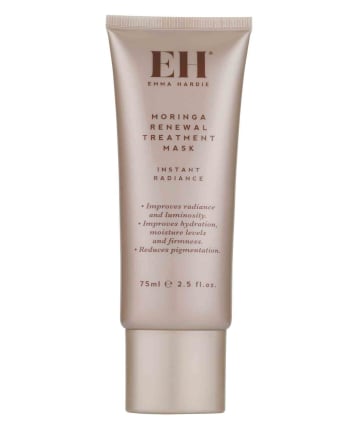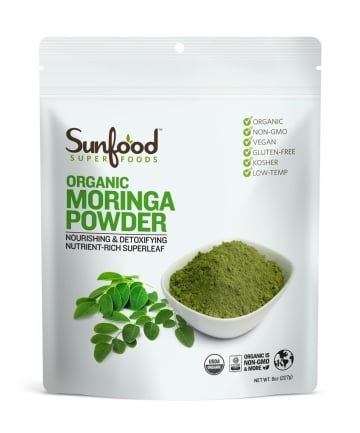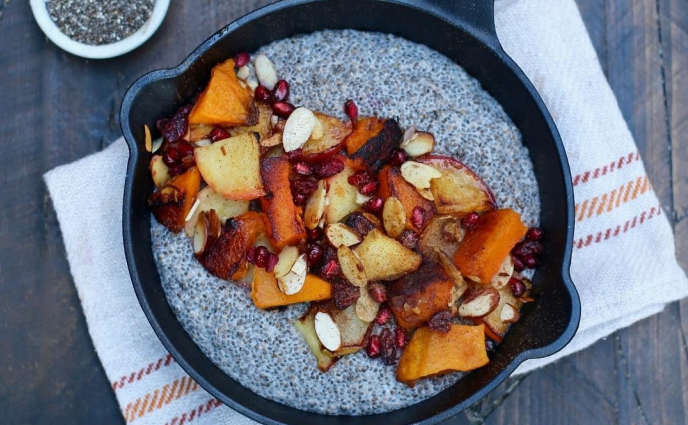High levels of cholesterol increase your chances of getting heart disease. Moringa has been used in Thailand and India for centuries as a heart-healthy medicine, and the west is picking up on its potential for lowering your risk of cardiovascular diseases. Studies have shown that moringa, like oats and flaxseed, does indeed lower cholesterol, and help prevent plaque in your arteries.
Image via krisanapong detraphiphat/Getty
Image via krisanapong detraphiphat/Getty
Anti-bacterial? Check. Anti-fungal? Yup. Anti-microbial? That too. This little leaf has been shown to stop the symptoms of food poisoning, inhibit UTI's, and prevent fungal infections on the skin.
Image via Jessie Casson/Getty
Image via Jessie Casson/Getty
Preliminary studies are showing that in test tubes, moringa slows cancer cell growth. Human studies need to be done, but these are promising results.
Image via poba/Getty
Image via poba/Getty
Be on the lookout for moringa oils to be in all of your beauty products soon: It's ultra hydrating. Moringa's high levels of vitamin C boosts collagen production and helps make skin glow, while the antibacterial qualities can help clear up acne-prone skin. You heard it here first.
Buy now
Buy now
Moringa leaf powder can be added to smoothies or buddha bowls, made into tea, or even soups, once you figure out the flavor profile. (Urban Naturale has a particularly amazing moringa smoothie recipe with blueberries, pineapples, avocados and more, in case you're interested). For overall health, start with 1/2 to1 tsp. per day. Some people like to take a supplement every day, others take them when they feel a cold coming on. Whatever you do, be sure to consult your doctor before trying anything new, and be advised that moringa supplements are not recommended for pregnant women or those trying to become pregnant.
Buy now
Buy now









